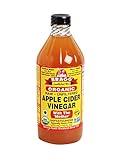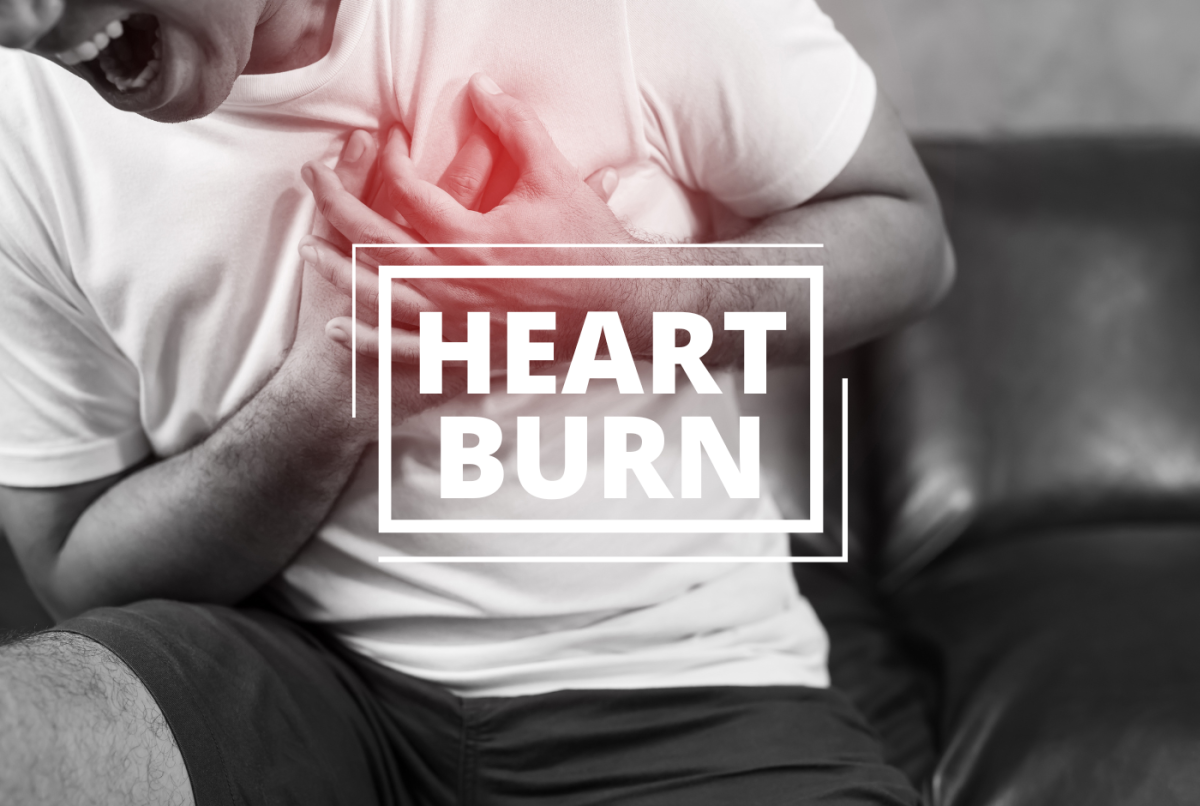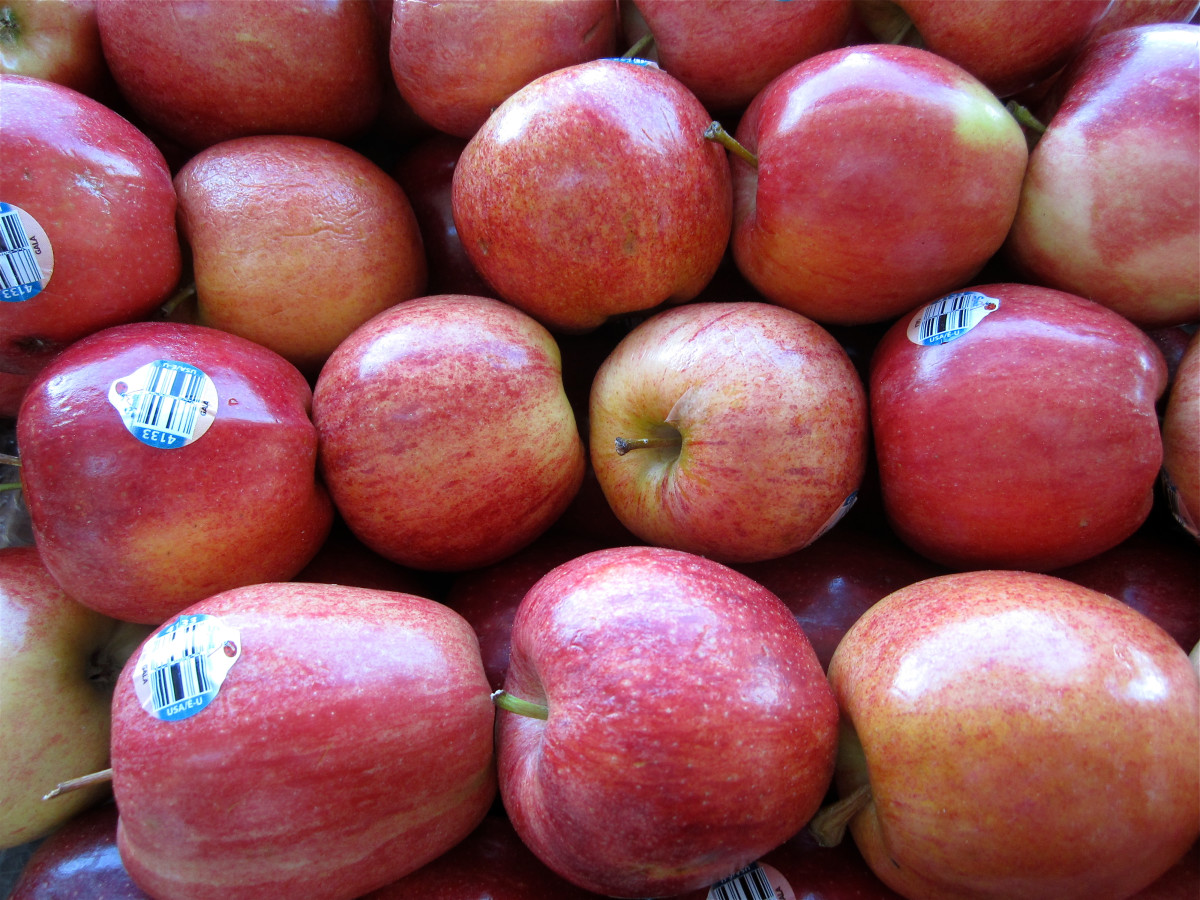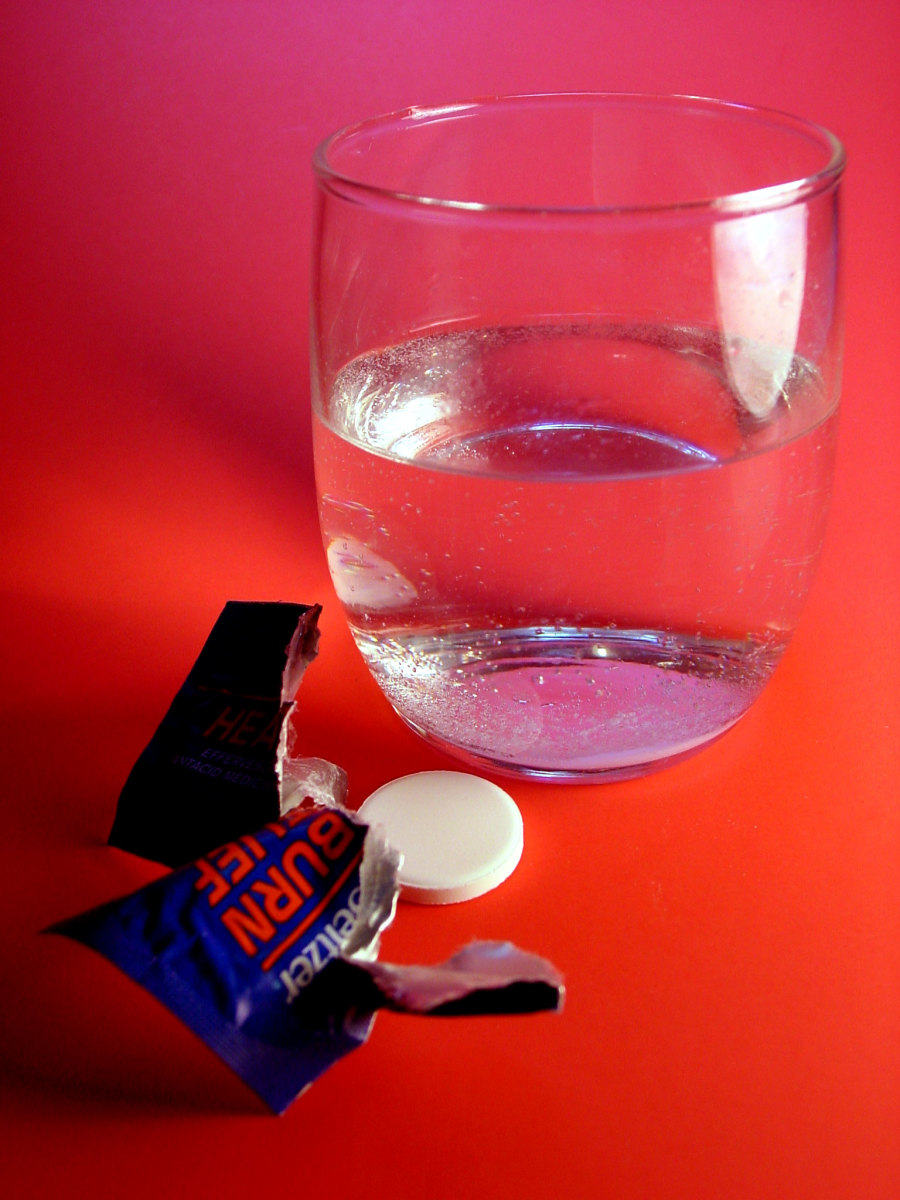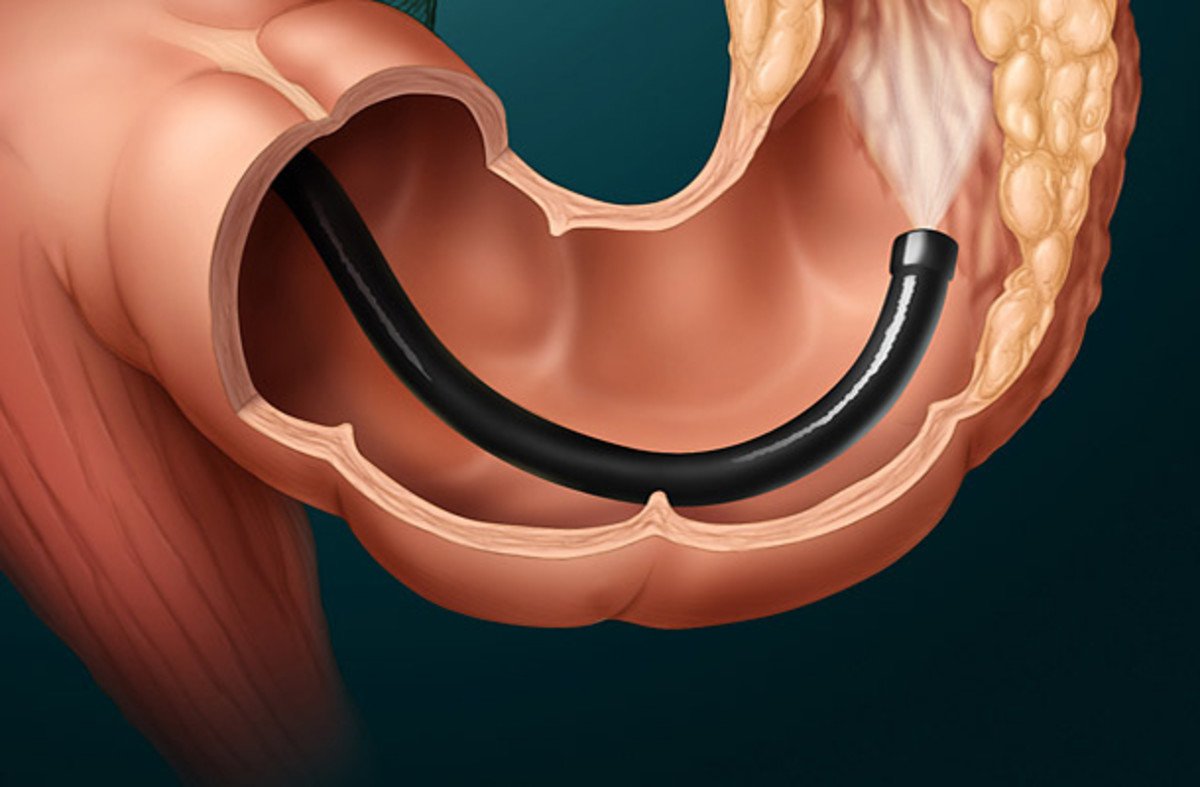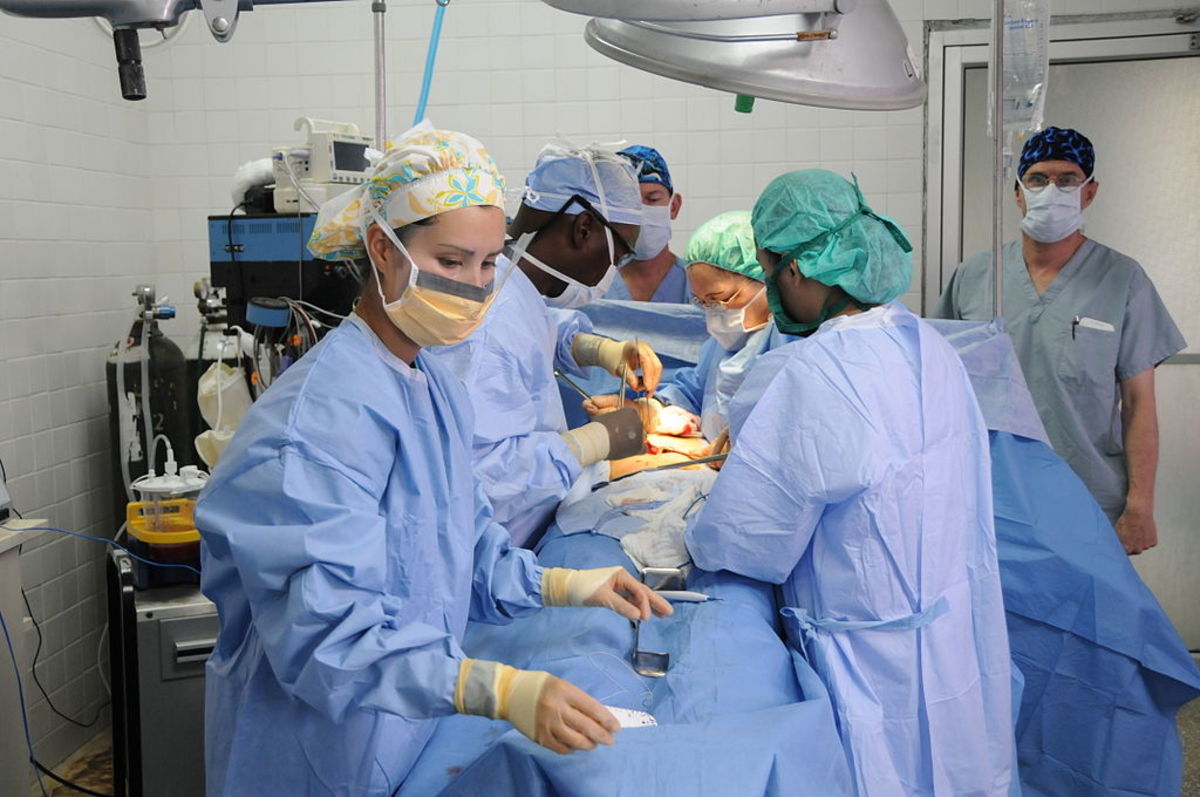Acid Reflux Disease - Symptoms, Treatment and Diet for Acid Reflux and GERD
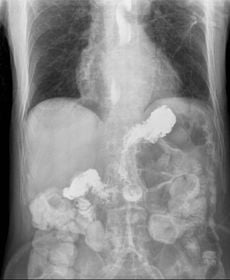
What is Acid Reflux Disease?
Gastroesophageal reflux disease (GERD), also referred to as gastric reflux disease or acid reflux disease is the result of stomach acid arriving up from your stomach into the esophagus. It may be a quite unpleasant condition.
Acid reflux disease develops when stomach acid frequently goes out into your esophagus.
It is brought on by recurrent acid reflux, and this can be the consequence of variety of triggers.
Acid Reflux Disease, or Gastroesophageal Reflux Disease (GERD), develops if your lower esophageal sphincter (a valve-like muscle tissue between your stomach and the esophagus) automatically opens or doesn't effectively shut, making it possible for digestive acids from your stomach to go up into the esophagus together with other contents of the stomach.
Acid reflux disease results in in reverse flow of your stomach contents towards the wind pipe (passage between the pharynx and the stomach). If it is not dealt with properly, the constant acid reflux can bother the lining of your esophagus, and considerable complications can happen. Not treated, acid reflux problems can bring about several concerns; it may impact the lungs/vocal cords, the nose or sinuses, and might even bring about esophageal cancer. The most typical symptom of Acid Reflux Disease in adults is heartburn, also known as acid indigestion.
Dr. Jonathan Aviv: How to Treat Acid Reflux
Dr. Jonathan Aviv's Book
Have you found that eating safe foods and avoiding trigger foods has helped to lessen or avoid acid indigestion?
Treatment and Diet
Acid reflux disorder or GERD can usually be treated and avoided by simply following an appropriate eating plan.
Below you'll find a listing of foods it's safe to eat when you want to avoid acid reflux.
Oatmeal, Ginger, Aloe Vera, Salad ( although tomatoes may aggravate the condition in some people, as might onions), Banana, Melon, Fennel, Chicken (not fried) and Turkey, Fish and Seafood, Green and root vegetables, celery, parsely, and rice.
The following are foods which are best avoided!
High fat and fried foods, onions, garlic, spicy foods, tomatoes, citrus fruits, salsa, chilli, and chocolate.
Further Information
Obesity, hiatal hernias and asthma are usually a number of common issues that generally make gastrointestinal acid reflux disease worse.
Gastro esophageal reflux disease (GERD), gastro-esophageal reflux disease (GORD), gastric reflux disease, or acid reflux disease result in chronic symptoms or mucosal damage caused by stomach acid coming up from the stomach into the actual esophagus. Whenever this occurs over and over together with symptoms like heartburn-occurring Two or more times a week-you may possibly have acid reflux disease .
According to the American Gastroenterological Association, it is believed that around 33% of individuals in the United States have got acid reflux disease.
Treatment for Acid Reflux
Treatment for acid reflux calls for the neutralization of the actual gastric acid that goes out from the stomach to the esophagus. Whilst it may well seem to be odd to make use of an acidic substance to resolve an acidity issue, apple cider vinegar is a well-known home cure for the condition. Aloe vera and also baking soda in addition to a range of other home remedies are sometimes useful for the treatment of the condition. usage of antacids isn't a long-term solution - however working with optimum nutrition, healthy digestive practices, superior quality health supplements, and emotional well-being offer long-term results


